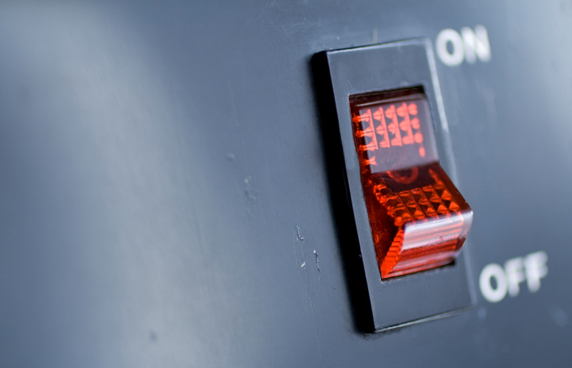Strategy Bill Promotes Energy Efficiency, Technology, Results

Just over two weeks after Governor Malloy released his Comprehensive Energy Strategy for Connecticut, the legislature’s Energy and Technology Committee is set to hear testimony on Thursday, March 7, on a proposal that would implement many of the plan’s components.
HB 6360 contains a variety of measures designed to help the state provide cheaper, cleaner, more reliable energy in Connecticut. It will be up to the legislature to determine whether the changes the governor is proposing constitute the most cost-efficient ways to achieve those goals.
Proposals in HB 6360 include those that would:
Encourage conservation
- Promotes energy conservation by ensuring that energy suppliers would not be financially impacted by encouraging their customers to use less energy. (Sec. 1)
- Further encourages conservation by requiring gas and electric distribution companies to produce a combined gas and electric conservation plan every three years, subject to approval by the Energy Efficiency Board and DEEP. Plans may also include water conservation efforts. (Sec. 2)
Encourage energy efficiency
Requires administrators of the state’s Energy Efficiency Fund to develop a budget for significantly ramping up energy efficiency investment. (Sec. 3) It also adds gas company representatives to the Energy Efficiency Board and requires the board to review contractors to make sure they are qualified to deliver programs administered through the board. (CBIA prefers establishing objective standards for contractors’ qualifications to significantly increase the number of contractors qualified to deliver clean energy/energy efficiency services.)
Upgrade Metering
- Allows agricultural businesses to use virtual net metering and share the benefits of a renewable power source across multiple buildings—beyond where the power source is located. (Sec. 5)
- Requires electric companies to allow the use of submeters in several classes of buildings so that building owners and/or occupants can better track their energy use in different areas of the buildings. Includes consumer and rate protection measures. (Sec. 6)
- Requires any electric customers to be allowed to aggregate all electric meters for which they are billed. (Sec. 7)
Promote Microgrids
Provides greater flexibility for the distribution of energy from microgrids (Sec. 8) and allows more flexibility in where microgrids can be located. (Sec. 9)
Require Disclosure and Benchmarking
- Requires the evaluation and disclosure of energy assessments at certain commercial buildings (Sec. 10); and creates a voluntary pilot program for the evaluation and disclosure of residential energy use. (Sec. 11)
- Requires landlords whose tenants must pay for their heat to show heating-expense records to potential tenants. (Sec. 12)
- Requires public disclosure of energy use in nonresidential buildings (Sec. 13) and requires the benchmarking and disclosure of energy usage in all state-owned or operated buildings. (Sec. 14)
- Requires owners of nonresidential buildings to annually benchmark their energy use (Sec. 15) and requires energy-performance assessments in new construction or where significant improvements have been made (Sec. 16). All of this information will posted by DEEP on the Internet.
Expand Use of Natural Gas
Extends for 25 years the period of time in which natural gas companies can recoup, through ratepayer revenues, the cost of service extensions. (Sec. 19)
Reduce Emissions
- Requires that provisions for “new transportation technologies” be included in all future building codes. This could include, for example, charging stations for electric vehicles. (Sec. 17)
- Accelerates compliance deadlines for reducing the sulfur content in No. 2 heating oil and eliminates the current condition that nearby states must adopt similar standards before Connecticut’s can take effect. (Sec. 18)
- Gives DEEP unlimited authority to regulate emissions of carbon dioxide from generators that supply electricity to Connecticut customers. (Sec. 4)
CBIA members who wish to share their comments on any of these provisions prior to, or in conjunction with the March 7 hearing should contact Eric Brown at 860.244.1926 or email them to eric.brown@cbia.com.
RELATED
EXPLORE BY CATEGORY
Stay Connected with CBIA News Digests
The latest news and information delivered directly to your inbox.


